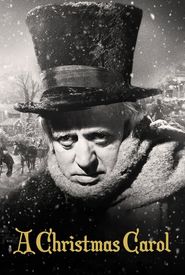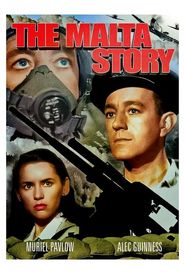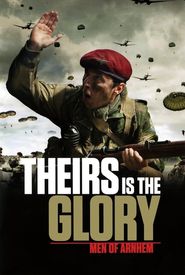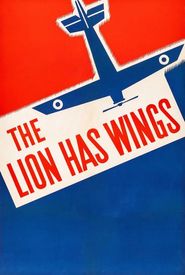Brian Desmond Hurst was born Hans Moore Hawthorn Hurst in East Belfast, Northern Ireland, where he worked as a linen worker before joining the Royal Irish Rifles during World War I. He survived the disastrous Gallipoli landing in Turkey, and later changed his name to Brian Desmond Hurst.
After returning to Belfast, Hurst was disturbed by the ongoing troubles and left for Canada to train as an artist. He became part of the artistic "bohemian" movement, moving in circles in Paris and New York before eventually settling in Hollywood.
Under the guidance of director John Ford, Hurst studied filmmaking and appeared as an extra in Ford's Hangman's House (1928). The two became extremely close, often referring to each other as "cousin", and remained best friends until Ford's death in 1973.
Hurst returned to Europe and made Ireland's first sound film, Norah O'Neale (1934). He then made River of Unrest (1936),a story of the 1921 Irish rebellion against British rule, which was banned in Northern Ireland. He continued to face censorship troubles with his adaptation of Edgar Allan Poe's Bucket of Blood (1934) and his dark film The Fugitive (1939).
During World War II, Hurst made films such as Suicide Squadron (1941) and Theirs Is the Glory (1946),which became Britain's biggest-grossing film for almost a decade. He returned to his Irish roots in Hungry Hill (1947) and The Playboy of the Western World (1962),his final film.
Hurst is most famous for his adaptation of A Christmas Carol (1951),considered by critics and audiences alike to be the definitive version of Charles Dickens' classic novel. His other notable films include Malta Story (1953) and Simba (1955). He retired in 1963 and died in London in 1986.




































